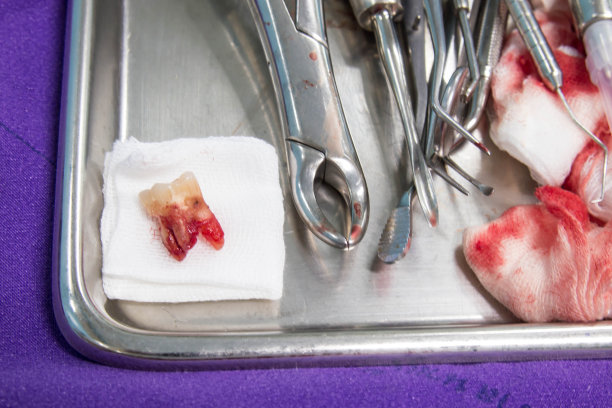Essential Safety Measures to Consider Before Undergoing Root Canal Treatment for Optimal Oral Health Outcome
Summary: This article provides a comprehensive overview of the essential safety measures to consider before undergoing root canal treatment. By highlighting four critical aspects—including thorough consultation with a dental professional, the importance of screening for underlying health conditions, understanding the procedure and its risks, and post-treatment care—the article aims to equip patients with the knowledge necessary to make informed decisions about their oral health. With careful planning and professional guidance, individuals can achieve optimal outcomes from root canal therapy, reduce anxiety, and ensure the best possible care for their teeth.
1. Consult Your Dental Professional Thoroughly

Before undergoing a root canal treatment, it is paramount to consult your dental professional in detail. An initial consultation not only helps in understanding the necessity of the procedure but also allows the dentist to evaluate the condition of the tooth. A thorough examination, including X-rays or other imaging, will help ascertain the severity of the infection or damage.
During this consultation, patients should feel free to ask as many questions as needed. Understanding the procedure, potential outcomes, and alternative treatments empowers patients in their healthcare journey. Additionally, patients can discuss their fears or anxieties related to the treatment, allowing the dentist to tailor the approach and potentially ease discomfort.
Finally, a good communication channel with your dentist can prevent misunderstandings. Ensure that all concerns regarding pain management, anesthesia options, and follow-up care are addressed so that you are better prepared for the entire process.
2. Assess Underlying Health Conditions
Individuals considering root canal treatment should carefully assess their underlying health conditions. Certain medical conditions can impact how well a patient might respond to the treatment or anesthesia. For example, patients with diabetes or autoimmune disorders may require additional measures to ensure their safety during the procedure.
Moreover, informing the dentist about any medications being taken is essential. Some medications can interact negatively with anesthesia or prolong healing times. This information allows the dental professional to formulate a treatment plan that considers these health factors, ensuring the best possible outcome.
Finally, evaluating one’s overall oral health can also play a vital role. If significant gum disease exists or if multiple cavities are present, addressing these issues prior to the root canal may be necessary to avoid complications during and after the treatment.
3. Understand the Procedure and Its Risks
Having a clear understanding of the root canal procedure and its associated risks is crucial for any patient. Root canal treatment, while common and generally safe, involves drilling into the tooth and removing infected pulp. Knowing what to expect can significantly lower a patient’s anxiety level.
In addition to the steps of the treatment, patients should also be informed about potential risks, such as infection or damage to adjacent teeth. Through proper education, individuals can establish realistic expectations and aid in their recovery by staying vigilant for signs of complications.
Furthermore, discussing anesthesia options with the dentist can provide additional comfort. Knowing which sedative methods will be used can help mitigate any apprehension about the procedure. Being informed allows for better cooperation and a more relaxed experience during the treatment.
4. Post-Treatment Care is Vital
Post-treatment care plays a crucial role in ensuring optimal healing following root canal therapy. After the procedure, patients must closely follow their dentists advice on managing discomfort, including prescribed medications and pain relief methods. Proper pain management can significantly improve the recovery experience.
Additionally, maintaining oral hygiene is paramount. While the treated tooth may feel sensitive, gentle brushing and flossing can help prevent subsequent infections. Regular check-ups following the root canal procedure ensure that the healing process is monitored effectively.
Moreover, avoiding hard or sticky foods for some time post-treatment can promote healing and prevent any damage to the tooth. Proactively engaging in good habits will solidify the success of the root canal and enhance long-term oral health.
Summary:
In conclusion, preparation for a root canal treatment involves considering several essential safety measures. Thorough consultation with a dental professional not only clarifies the procedure but also assists in managing associated health conditions. Understanding the intricacies of the treatment and promoting effective post-care practices are equally vital for achieving the best outcomes. Taking these steps ensures that patients can mitigate risks and enjoy optimal oral health.
This article is compiled by Vickong Dental and the content is for reference only.



